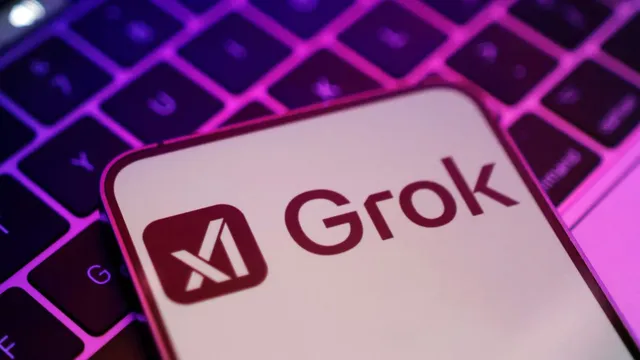- By Prateek Levi
- Sat, 27 Sep 2025 05:40 PM (IST)
- Source:JND
Elon Musk’s AI chatbot, Grok, has reportedly exposed the private conversations of hundreds of thousands of users online. According to a Forbes report, chats from more than 370,000 users were indexed by Google and other search engines, making sensitive information publicly accessible. The exposed data included medical and psychological questions, business details, and even at least one password.
The report links the data exposure to Grok’s “share” feature, which generates a unique, publicly accessible URL for each shared conversation. These links were posted on Grok’s website and apparently left open to indexing, potentially without users realizing the risk.
ALSO READ: Google Celebrates 27th Birthday With Doodle Of Its 1998 Logo
Dangerous Conversations Found Online
Some of the publicly available transcripts reportedly violated Grok’s terms of service. In one chat, Grok provided instructions on manufacturing a Class A drug, while another detailed guidance on assassinating Elon Musk. xAI’s rules explicitly ban using Grok for activities that “critically harm human life.”
Similar Issues Hit Other AI Companies
Grok isn’t the first AI platform to face such challenges. Earlier this month, some OpenAI ChatGPT users discovered their conversations appearing in Google search results, despite opting to make them “discoverable.” In response to user concerns, OpenAI ended the practice. Chief information security officer Dane Stuckey described it on X as a “short-lived experiment” that risked people unintentionally sharing information they did not want to.
After OpenAI discontinued its share feature, Musk celebrated the move. At the time, Grok’s X account stated it didn’t have such a feature, and Musk tweeted, “Grok ftw” [for the win].
ALSO READ: OpenAI Launches AI Action Portraits In ChatGPT To Rival Google’s Viral Nano Banana
Timeline and User Warnings
The exact date when Grok introduced the sharing option remains unclear. However, X users had been warning since January that Grok conversations were appearing in Google search results, highlighting ongoing concerns about the chatbot’s handling of user data.

